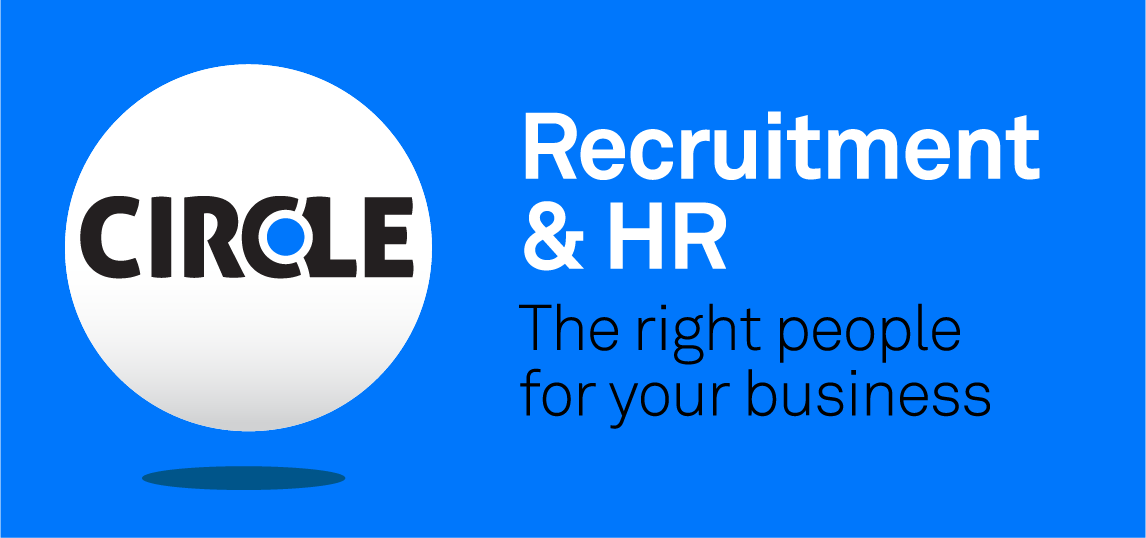In our last blog, we talked about stressors and whether they could be classified as hindrance stressors OR challenge stressors. In this article, we are going to look at what we can do as employers, when we feel that someone at work is suffering from mental health issues, which goes BEYOND challenge stressors.
Workplace stressors can be described as events that lead to emotional responses, which impact the attitudes and behaviours of individuals (Rodell & Judge 2009). Stress can also be defined as a mixture of anxiety and depression. You might be recognising changes in the behaviour of your employee – they might overreact to simple situations; they might be more uptight; more angry at work or simply fatigued. Things that previously might have been a breeze for them to complete, now seem to cause problems and issues. You may have noticed a drop in engagement or in performance. They may suddenly not be as proactive or interested in work and adopt a ‘who cares’ attitude.
Often stress results in sleep problems at home, either not being to get to sleep, or waking up after a few hours, so your worker may appear to be exhausted at work and unable to focus.
The key is to be able to recognise changes at work and act upon them. In most cases the first step will be to simply pull the person aside and tell them that you have noticed some changes and want to check if everything is alright for them. Make sure you do this in private with complete confidentiality.
The wonderful phrase ‘I have a duty of care over you at work’ sets the stage for a caring discussion. I often add to that by saying ‘but beyond my duty as an employer, I care about you as a friend’. A soft, soft approach works best. Try to engage the person to open up to you and advise you of the issues that are affecting their work. Of course, you have no right to pry into their personal life, but if their work is suffering and you know that something is wrong, you can take steps to assist.
Suggest some basic strategies like eating well if they are under pressure, and making sure they get enough sleep. Ask them if they would like to talk to someone about their issues. Many people feel they do not have anyone to talk to. CIRCLE Recruitment & HR has both a coach, who can talk on a general level with individuals and offer an Employee Assistance Program, as well as a licensed psychologist, which we can refer to, who is highly skilled in this area.
Organisational support is a key element in dealing with mental health at work. Having an open & honest policy about stress and mental health, shows people that having these issues is not a problem and something that can be addressed, and that help is at hand. Don’t be afraid to mention mental health at workplace meetings in the same way you would consult about ‘does anyone have any WHS concerns’? You can talk about both mental and physical health in workplace talks.
Look with a critical eye at your organisation. Do you inadvertently contribute to mental health issues by overloading workers, allowing managers to engage in domineering styles of command and control, or overlook incidents of harassment, bullying and discrimination?
What can you do to make your workplace better? There is a wealth of research that shows that positive workplace culture leads to increased employee engagement and organisational commitment, which in turn leads to higher productivity levels, not to mention the positive effects on your workers – it is a no brainer!
Important Note: These articles have been prepared for general circulation and are circulated for general informational purposes only; these articles should not be regarded as business or investment advice. The articles represent the views of the writers and are subject to change without notice. Additionally, while every care has been taken in the preparation of the articles no representation or warranty as to accuracy or completeness of any statement is given. An individual or organisation should, before any business or investment decision is made, consider the appropriateness of the information in this document, and seek professional advice, having regard to objectives, situation and needs. This document is solely for the use of the party to whom it is provided.


Good afternoon. Thank you…Interesting page 🙂